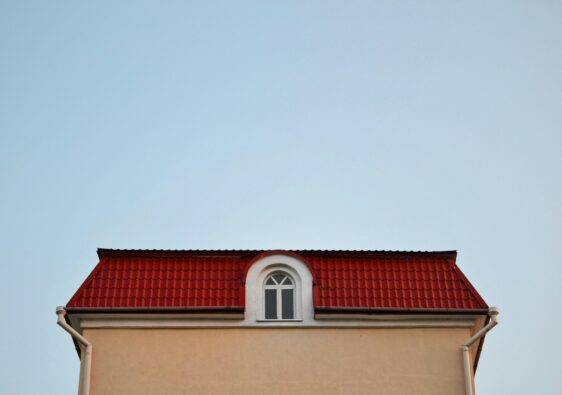Solar panels are devices that convert sunlight into electricity through the photovoltaic effect. They are a clean and renewable source of energy that can help reduce dependence on non-renewable sources of energy like fossil fuels. Solar panels have been around for decades, but in recent years, there has been a significant increase in their adoption due to falling costs and increased efficiency.
One trend within the solar panel industry is the move towards higher efficiency panels. This means that the panels can generate more electricity from the same amount of sunlight, which can lead to lower installation costs and greater energy savings over time. Another trend is the development of new materials and manufacturing techniques that can further reduce the cost of solar panels.
The house battery industry has also been growing in recent years, as more people look to store excess solar energy for later use. House batteries work by storing the energy generated by solar panels during the day, which can then be used to power homes at night or during periods of low sunlight. This can help reduce reliance on the electrical grid and save money on electricity bills.
One notable trend in the house battery industry is the development of more advanced battery technologies. For example, lithium-ion batteries are becoming increasingly popular due to their high energy density and long lifespan. Additionally, there is a growing trend towards more integrated solar-plus-storage systems that combine solar panels and batteries into a single, streamlined solution.
Solar panels in Belgium
Solar panels are becoming increasingly popular in Belgium as more people look for ways to reduce their carbon footprint and save money on their energy bills. Belgium receives a moderate amount of sunlight throughout the year, which makes it a good location for solar power generation.
In recent years, the Belgian government has introduced a number of policies to promote the adoption of solar panels, including financial incentives such as tax credits and subsidies. Additionally, net metering is available in Belgium, which means that excess energy generated by solar panels can be sold back to the grid, further reducing energy costs.
Belgium has a thriving solar industry, with many companies offering solar panel installation services. The industry has also been supported by advances in technology that have made solar panels more efficient and cost-effective. People tent to combine their solar panels with home batteries or even charging stations for their electric cars.
Despite these positive developments, there are some challenges facing the adoption of solar panels in Belgium. One of the main issues is the high cost of installation, which can be a barrier for some homeowners. Additionally, there are concerns about the impact of solar panels on the appearance of buildings, particularly in historical or architecturally significant areas. Although the design nowadays is less remarkable. Overall, however, the trend towards solar power in Belgium is positive, and it is likely that the adoption of solar panels will continue to grow in the coming years.



